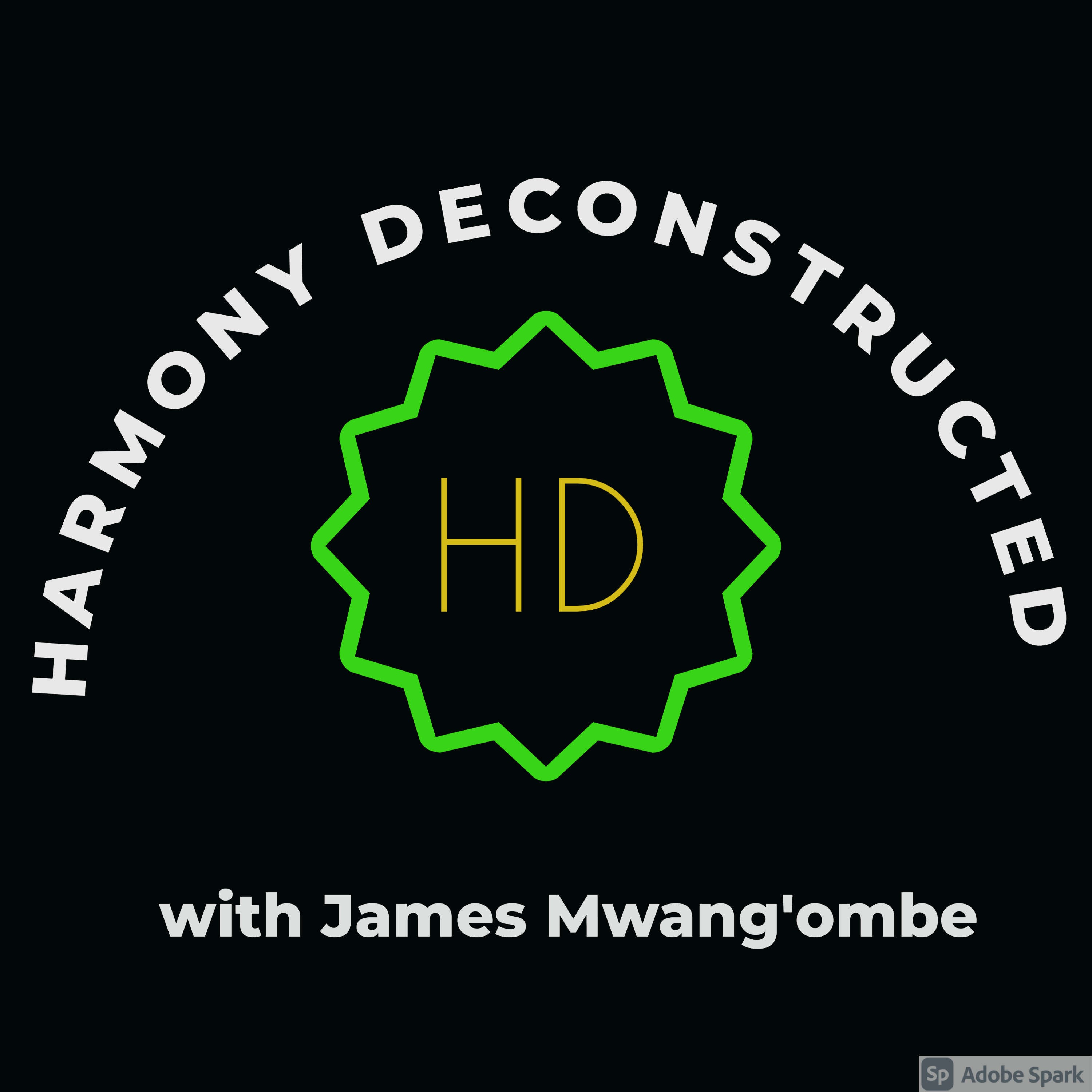The Elegance of Trust
There is a tension that exists in trust. When one trusts blindly, they stand a chance of getting hurt, when one gets hurt, trusting again becomes difficult. Yet we cannot live without trusting ourselves, others and the systems that have been put in place to make life much easier and possible.
“There are indeed times when one should trust blindly, just as there are times when one should not. Wisdom consists in being able to tell one from the other.” Daniel Quinn
We exercise trust often. We trust systems that have been put in place for the usual operation of things. For instance, rarely do you find anyone checking the credentials of a driver before boarding an Uber, a taxi, a bus or a train. Also seldom does anyone check the pilot’s credentials before boarding a plane. We usually go by trust. Trust that the system that enabled them to occupy those seats have done the job of ensuring they are trustworthy. Of course no system is perfect and there are occasions where untrustworthy or less qualified individuals take such positions, but generally, we trust that the systems that be, will ensure a qualified driver, a qualified pilot etc will occupy that important seat to take us to our destination. This application of trust applies to different spheres of life in varying degrees, but in essence on a daily basis, we interact with others and enterprises on the basis of trust. Warren G. Bennis said “Trust is the lubrication that makes it possible for organizations to work.”
Our level of trust can be observed and built as we interact with others and utilize resources at our disposal that may belong to others. I suppose each action we take casts a vote as to whether we are trustworthy or not. Whichever of those two sides you fall today, is the culmination of the many trustworthy or untrustworthy interactions or actions you have done thus far. It is notable what the Scriptures say “Whoever can be trusted with a little can also be trusted with a lot, and whoever is dishonest with a little is dishonest with a lot. If you cannot be trusted with worldly riches, then who will trust you with true riches? And if you cannot be trusted with things that belong to someone else, who will give you things of your own?” Luke 16:10-12. If you think about it, these are very interesting questions and perspectives that can help us to gauge how trustworthy we are at present.Consider what George David Miller said “Trust becomes solidified when words consistently back up by deeds.”
Clearly, being trustworthy is beneficial to us, as Ralph Waldo Emerson said, “Trust men and they will be true to you; treat them greatly and they will show themselves great.” The opposite is also true, if we treat others without trust, it may come back to bite us. It is like this story told of a farmer and a baker. Once upon a time, there lived a farmer and a baker who did business with each other. The farmer sold a pound of butter to the baker everyday and the baker sold a pound of bread loaf to the farmer. Soon, they had a good bond and became friends. One day, the baker suspected that the farmer was cheating him and that he didn’t give him a pound of butter, so he decided to weigh the butter to see if he was actually getting the right amount.
When he measured the butter, he found that he was not getting the right amount of butter from the farmer. This made him very angry and so he decided to take the poor farmer to court.
When the judge confronted the farmer with the accusation, the farmer replied “Your Honor, long before the baker started buying butter from me, I had been buying a pound loaf of bread from him. Everyday when the baker brings the bread, I put it on the scale and give him the same weight in butter.” If anyone is to be blamed, it is the baker.
Support this podcast at — https://redcircle.com/harmony-deconstructed-podcast/donations
